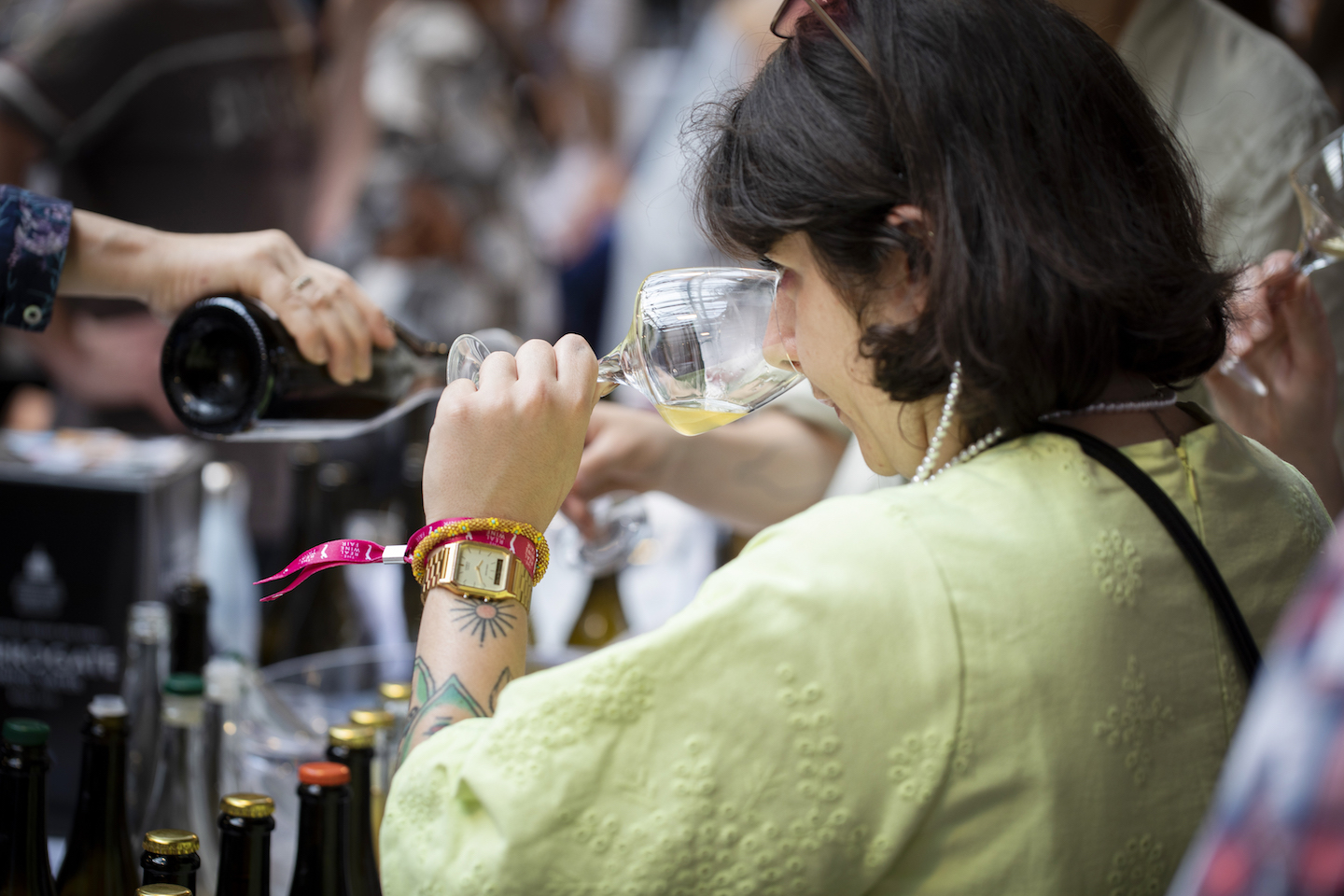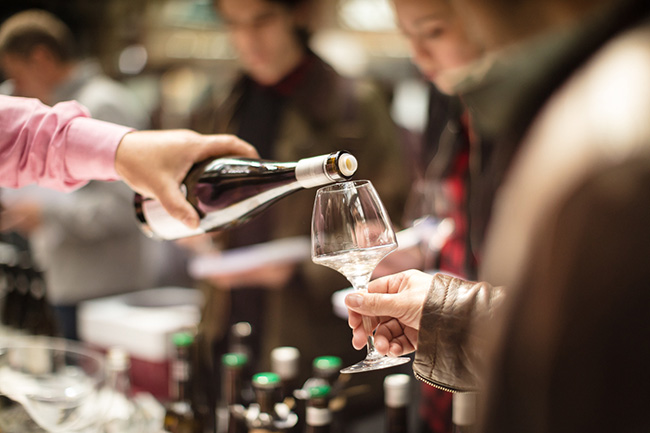In 1826 when Jean Anthelme Brillat-Savarin, a French lawyer, politician, and famous gastronome, wrote: ”Dis-moi ce que tu manges, je te dirai ce que tu es”, which translates to ‘Tell me what you eat and I will tell you what you are.
Tasting and drinking works both ways. Our proclivities, preferences and prejudices determine our choices and inflect our sense of taste. This is the baggage that we bring with us. In other words, that which we have been taught is correct or well-made, the result of our education and absorption of the opinion of others, be they wine assessment panels, critics or friends. Tasting also operates on other levels of basic assessment – what our eyes, smell and taste determine is appetising.
Wine education courses teach a basic formula for appreciation. Look at the wine and determine whether the wine is clear. Clear means clean, and indeed, cleanliness is regarded as next to godliness in the wine world, because it is a clear indication that the wine is correct. As in not harbouring floaty bits that might be detrimental to the average punter’s enjoyment to the wine. But clear may also signify insipidity, and indicate a wine that has been heavily filtered, which will have the effect of stripping the wine of interesting flavours. Turbidity, conversely, may suggest that the wine retains greater depths. Because I prefer to drink more natural-tasting wines, I automatically regard clearness with a certain suspicion, my first thought being “what has been removed from the wine and why?” With this in mind, my palate recalibrates to be especially sensitive to any forthcoming lack in the wine.
Our proclivities, preferences and prejudices determine our choices and inflect our sense of taste. This is the baggage that we bring with us.
And what one expects to find, one usually does. Our brains have looped our experiences back to provide the basic settings into which we tune our tasting equipment. It is the reverse of objectivity; it is a standard filter mechanism to make it simpler and speedier to arrive at a judgement. Of course, we can also end up deceiving ourselves by over-relying on memory, experience and even our senses. Memories, after all, can be false ones, what is learned can be prejudicial (and inaccurate), our senses can be easily manipulated by false trails having been laid.
A little learning is also dangerous. The foreknowledge that a wine enjoys a particular lofty reputation can convince the taster that the wine will be excellent regardless of actual quality. If we don’t hold opinions forged in the heat of personal experience, then we may become as mere pitchers to be filled with the opinions of so-called experts.
What one expects to find, one usually does. Our brains have looped our experiences back to provide the basic settings into which we tune our tasting equipment.
We should allow for the fact that it takes time to process information and that our taste has the capacity to evolve. Every single taste experience should be treated on merit. There is not a lot of point generalising about certain wine, having only assayed a single example at a certain time on a certain day in certain company. Our predisposition to take a snapshot of a wine and call it a truth, may lead to false assumptions.
I probably enjoy a very narrow bandwidth of wines. In the common parlance, I know what I like. I also know what I don’t like. What I inevitably bring to the table is my mood. This mood may be “I need some refreshment” or “I would like to celebrate” or “I feel like something complex and textural.” What these emotions share is my general feeling that wine should be nourishing and pleasurable, both for body or soul. Wines that are denatured, confected, and maladroit conjure the opposite feeling. A small part of me also craves what I call a “taste epiphany”, the uncultured (or maybe even cultured) wow that explodes from within when one encounters something truly surprising or transcendent. A wine that knocks you on your ass, to use an Eric-ism. This is never just down to the liquid wine; many other tangibles and intangibles must also align for the wine to perform its catalytic function in this regard, not least the epiphanee being open to the potential of a new experience.
Nor would I make summary judgement about others who don’t enjoy the wines that I do. Many folks rarely venture outside their wine comfort zone. This may be due to budgetary constraints or simply not having been exposed to wines from a different part of the style spectrum. For many, wine is little more than alcohol lubricating relaxation or the means to get tipsy and for others still the subject of wine is far too esoteric to learn more about and is perceived to be shrouded in snobbery.
Our tastes can evolve, both naturally and through education.
The other thing that undermines Brillat-Savarin’s dictum is that his epigrammatic truth doesn’t take into account the fact that our tastes can evolve, both naturally and through education. Over the years, what I like to drink and why I like it, has changed materially. Once upon a time, I preferred luscious, hedonistic and exuberant wines. Now I prefer reserved wines, those that do not surrender their secrets in the first sip and invite you rather to explore their depths. In the end, does the fact that I prefer to drink naturally-made wines (let’s call them that) of a certain style to the exclusion of all others, make me a more narrow-minded person or one who is convinced in the certainty of his taste. Was it Goethe who said that life is too short to drink bad wine? While it is a good idea to keep oneself open to new wine experiences, at some stage on our wine journey we become more familiar with what we call our sense of taste and our preferences flow from that realisation.



